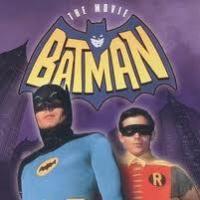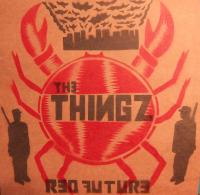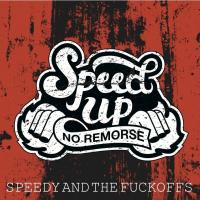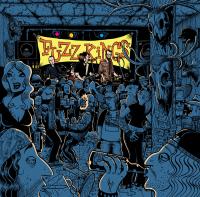To Great Dismal Swamis, no you didn't offend me at all. It's just that after recording since the mid-70's and been there, seen it, and all that I get tired of hearing, without malice of course, about the virtues of digital recording. I recently took my wife to Jamaica for our honeymoon. We passed by a small brick building painted with typically garish Jamaican multicolours and a guitar and the words "Recording Studio" on the front wall. True to my nature, we stopped and knocked and expected to see a really funky studio, full of old tube gear and stuff thrownback from the authentic reggae sound, the Bob Marley and others sound. What we disappointingly saw was just a small laptop computer on a small desk and then a tiny booth where musicians would record one track at a time, to create a single digital signal to be incorportated into the final mix. How let down I felt. After making friends with one of the locals inside the studio we carried on "hanging out" in various bars in the area and I mentioned that if possible I'd love to bring all my studio gear to the island and record some great sounds still visable through the marijuana haze. We were visited daily, almost to the point of annoyance, to disuss this possibilty and still I get messages from our new friend out there to consider my plan. Yes, they miss it too. The REAL TING, MAN, as they put it. To be honest, I cannot stop the current tide of going more and more digital and further and further away from the old sound valve sound. I have to accept that there are others, the vast majority actually, that without ever putting their hands, yes it would sometimes take 4 or 5 hands, sometimes crossed over to punch in and punch out a practiced and rehearsed mix where after trial and error a decision was made on how to get the right mix, would miss the point. The joy of listening back to the track after everyone did their part, even with some forgivable mistakes, was ecstasy and as rewarding as anything imaginable. When I listen still to some of the countless tracks I've recorded, mixed and produced, by my band and others that I've chosen to help out with, I can almost see someones hand on the punch in/out button waiting for the right moment to do their job while I might be handling the vocal fader and someone else is controlling the pan or fx level. Someone might also be working on the outboard gear behind the desk and someone else on the far end might be EQ'ing the bass to remove some boom on some low notes in some part of the song. Many times it would just be me, me and en engineer or as many as 3-5 people all "hands on" working to get that desired mix! Real sweat and concentration was necessary. You make a mistake and it's start all over. But sometimes the mistakes make for an unusual and favoured sound and kept!
If anyone is in the London area when I am back in London (March to June) and wants to see and hear what I am talking about, feel free to contact me for a "guided tour"! I am proud of the studio I have, the amazing valves from the early 60's in 2 full 8 foot 19 inch amp racks and my beautiful re-coned huge 60's Tannoy speakers, it's sound and yes, I too have just a sprinkling of some digital gear like my three lovely early Yamaha DMP7's. To "jocky" the tape machines by alternately pressing the FF and REW till you can see the desired grease pen mark that tells you, approximately, when to stop at the track you want, carefully so you don't overspool and get the tape all fucked up (pray that the breaking mechanism on the machines are working properly and well adjusted!), that is REAL studio experience. My countless tapes are slowly deterioating because of the problem with the glue holding the oxide particles, and hence the sound, coming off the acetate backing tape. I am presently transferring as much as I can to HD on a desk top computer I built with 2 x 8 track I/O cards linked together and connections directly from the outputs of the 2 reel to reel macines and using Reaper to record them all. I then have the choice to try and remix them on the compter or to buy new, and very expensive, tapes again and transfer everything I choose back to tape again, just to keep as much of that sound I'll take to my grave with me!
And BTW, I have an old Studer machine just taking up space in my basement that needs repairs and hence can be had for a song....it's a 1/4 inch mastering machine but if you want a final stereo mixdown with the tube/valve sound come and get it!
 Untitled
Untitled








